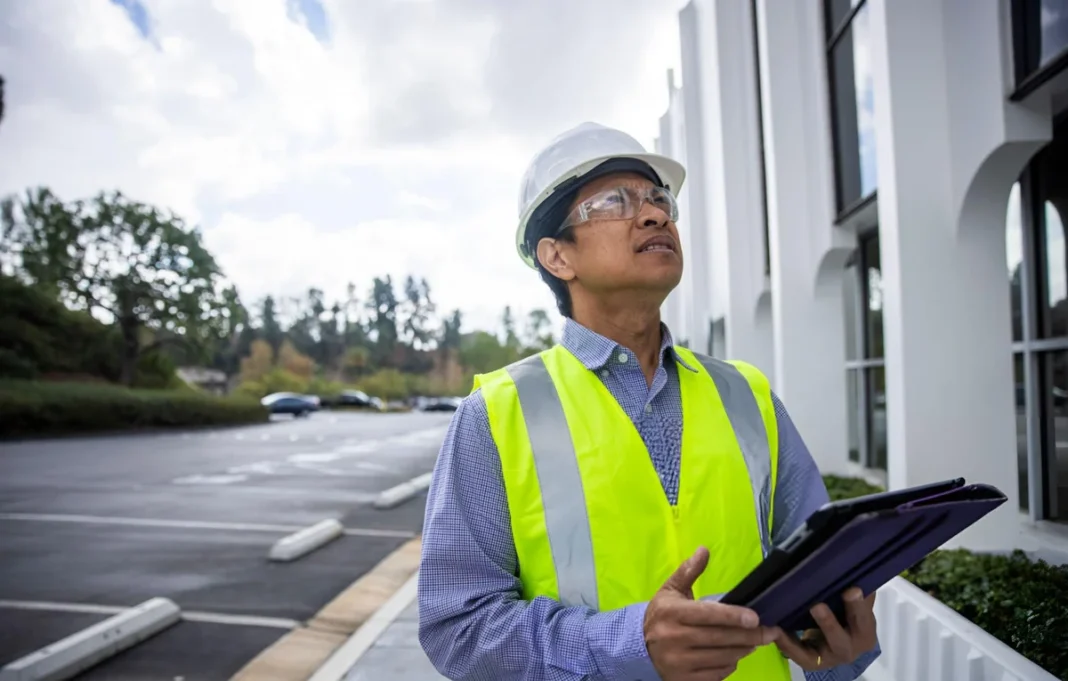If you have a small business already in Thailand that is growing, you might want to think about leasing a larger commercial space. It may also be the case that you are just starting fresh, so you want to find the best location possible. Whatever your circumstances, the thing about renting commercial property is that it can be a little bit complicated if you don’t know what you’re doing. There can be many different terms and conditions that need to be followed, and this can really affect the future success of your business enterprise.
Read the fine print before renting a factory
If you are looking for a factory for rent in Thailand, there are many to choose from, but it’s important to be aware of what is known as the ‘fine print’ before you sign on the dotted line. If this is all very new to you and this is your first foray into renting such a property, the following are some of the top things that you need to look out for.
Key items to review in any commercial lease
Don’t just assume something and think that the lease is probably exactly the same as one you would encounter in your home country. You want to be able to get the best rental rate possible, but it’s also important to know what exactly that particular rate includes. There are many different formats of leases that you need to be aware of, and one of the most important things is to establish if the operating expenses are to be paid by you, the tenant, or the owner of the building.
Lease term and renewal protections
If you are a new business just starting off, you might not want to commit yourself to a five or 10-year lease. It might make more sense to find a shorter lease that will allow you to figure out if your business will be a success or not. Ask about the renewal terms as well, because you don’t want the owner doubling the rent overnight. Make sure that the renewal terms are stated in your lease from the very beginning.
Penalties, assignment, and subletting
Maybe you need to break your lease for a number of reasons; therefore, it’s important to know if there are any penalties incurred for doing so. There may be some liabilities that you have to meet, and this is why it is important to get the terms defined at the very beginning. Try to incorporate your right to be able to transfer the lease to someone else, and ask if you can sublet some of the property to another business entity.
Insurance, alterations, and future changes
Then there is the insurance to think about. In the event of any kind of incident, you want to make sure that you are covered and that there are no surprises further down the line. As your business grows, you might want to make changes to the property itself, and you need to establish what it is that you can and cannot do, and who pays for it.

































